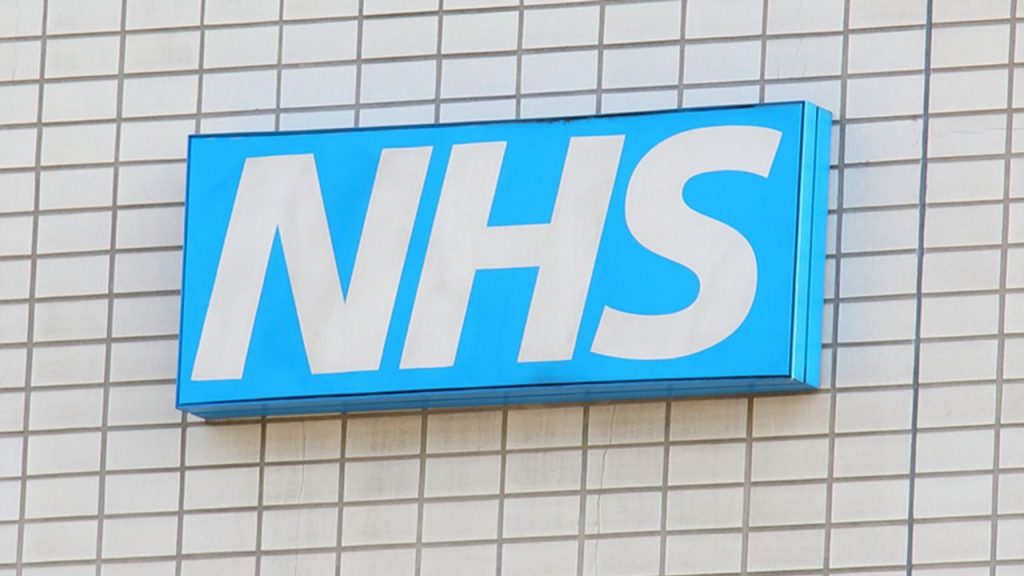Aggressive head and neck cancer patients will soon be offered vaccines by the NHS as part of a major expansion of a world-first clinical trial programme.
Over the next year, more than 100 patients with cancers of the mouth, throat, and related areas will be enrolled in the trial, which aims to both cure the disease and prevent its return. This follows earlier trials involving around 550 patients with bowel or skin cancers.
The initiative is part of the NHS Cancer Vaccine Launch Pad, a national programme designed to connect eligible cancer patients to nearby clinical trials. The programme is led by the Southampton Clinical Trials Unit and aims to recruit tens of thousands of participants in the coming years.
The vaccines use mRNA technology first widely used in COVID-19 vaccines to teach the immune system to identify and destroy cancer cells. The vaccine being tested in this new phase, AHEAD-MERIT (BNT113-01), targets human papillomavirus (HPV)-linked head and neck cancers by prompting the immune system to attack cells expressing HPV-related proteins.
Each year, around 11,000 cases of head and neck cancer are diagnosed in England. A recent study by the University of Sheffield found incidence rates rose by 47% between 2013 and 2020. These cancers are often aggressive and difficult to treat, with fewer than half of patients surviving more than two years after diagnosis.
The AHEAD-MERIT vaccine is encoded with two key HPV proteins commonly found in high-risk head and neck cancers. By recognising these proteins, the immune system can be trained to seek out and destroy cancer cells more effectively.
NHS England boss speaks
Professor Peter Johnson, NHS England’s National Clinical Director for Cancer, described the vaccine as potentially transformative, offering new hope to patients battling persistent and deadly forms of the disease.
“This expansion of our Cancer Vaccine Launch Pad will give hundreds of patients access to cutting-edge advances in cancer care,” he said.
The trial will run across 15 NHS hospitals over the next year, in collaboration with BioNTech, the German biotech company behind one of the first COVID-19 vaccines.
Health Minister Karin Smyth MP hailed the trial as a massive win for the UK, calling it game-changing for patients facing some of the most challenging cancer diagnoses. “By getting these trials running in our NHS, we’re putting ourselves at the forefront of medical innovation,” she said.
Lord Vallance, the UK’s Science Minister and former Chief Scientific Officer, also praised the partnership with BioNTech, noting its long-term investment in UK research and development, including AI and personalised medicine.
Meanwhile, the expansion of mRNA vaccine research in the UK comes in stark contrast to developments in the US, where Robert F. Kennedy Jr., the US Health Secretary, recently cancelled $500 million in funding for mRNA vaccines targeting viruses like flu and COVID-19, citing concerns over safety. His decision has faced widespread criticism from the scientific community.
Cancer Research UK’s Dr Iain Foulkes, Executive Director of Research and Innovation, called the Launch Pad an “important route to fast-track promising mRNA vaccine technology into clinical trials,” while acknowledging that personalised approaches will be essential given the complexity of cancer.
“There are over 200 types of cancer it’s unlikely there will ever be a single cure for all,” he said.
Among those supporting the initiative is Chris Curtis, 67, from Blackpool, who was diagnosed with stage four tongue cancer and secondary tumours in his neck in 2011. He founded the patient charity The Swallows after surviving an intense treatment regimen that included chemotherapy, radiotherapy, multiple surgeries, and nearly three years of tube feeding.
“Living with this aggressive cancer, you live in fear every day,” he said. “Anything that can help control the disease or offer peace of mind is ground-breaking. It allows people to move forward with their lives.”



